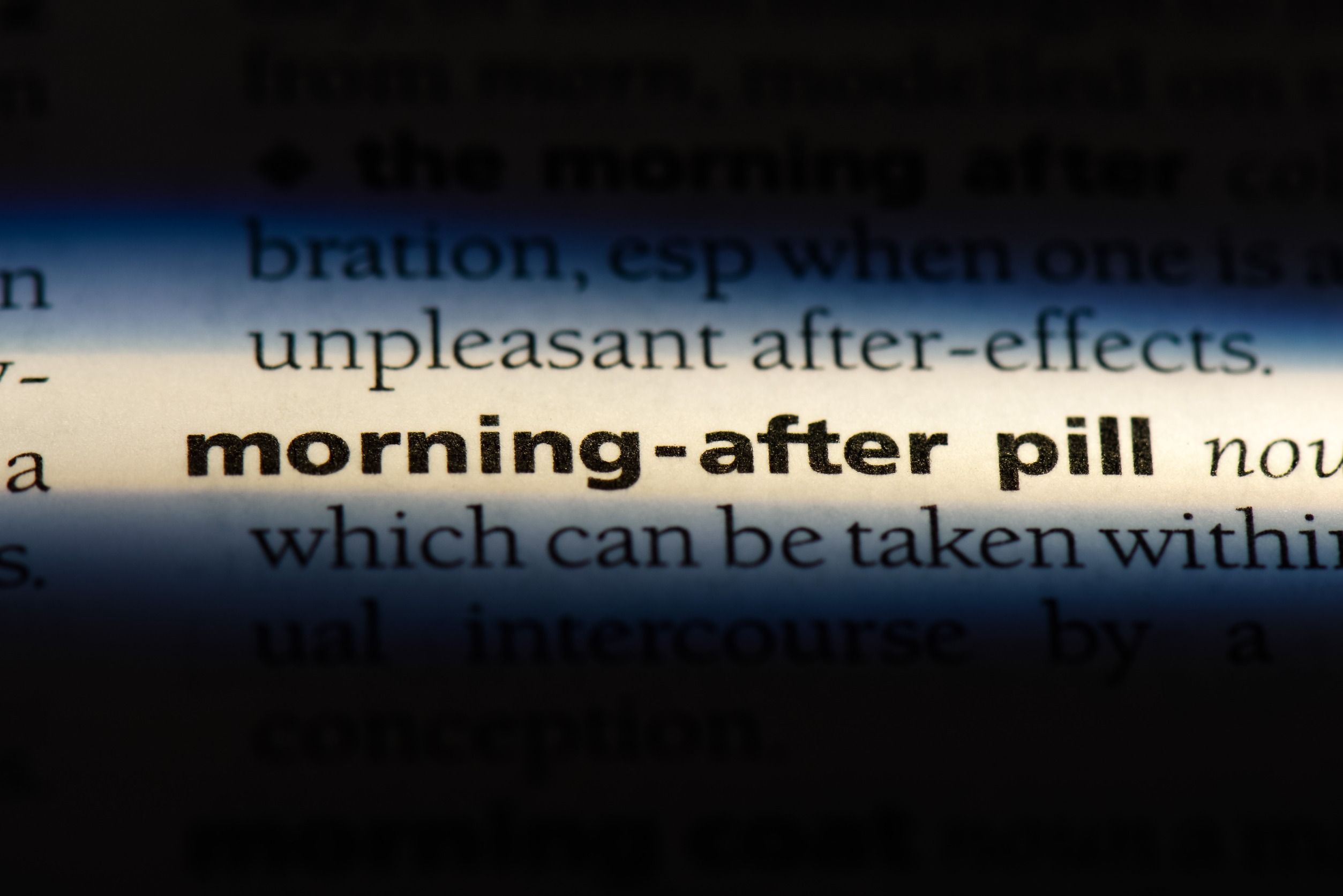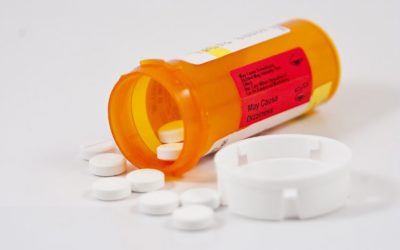Emergency contraception, often referred to as the “morning-after pill,” is a valuable option for individuals who need to prevent pregnancy after unprotected intercourse or failure of a contraceptive method. It is not intended for regular birth control use but serves as a backup method for emergencies. In this blog post, we will explore the different types of emergency contraception, how they work, when and how to use them, and important considerations to ensure their effectiveness.
How Emergency Contraception Works:
Emergency contraception primarily works by preventing or delaying ovulation (the release of an egg from the ovary). It may also alter the cervical mucus consistency, making it more difficult for sperm to reach the egg, or prevent fertilization. If fertilization has already occurred, emergency contraception may prevent the fertilized egg from implanting in the uterus.
Also, read our blog about Understanding Birth Control Pills
When to Use Emergency Contraception:
Emergency contraception is most effective when used as soon as possible after unprotected intercourse. How well it works to prevent pregnancy decreases the more time after unprotected sex it is used, so it is essential to act quickly.
Emergency Contraceptive Pills (ECPs):
Levonorgestrel ECP: This type of pill contains levonorgestrel, a type of progestin hormone, and is known by the brand name “Plan B”. It is available over-the-counter without a prescription for individuals of all ages. It is most effective when taken within 72 hours (three days) after unprotected sex.
Ulipristal Acetate ECP: This pill contains the drug ulipristal acetate and is available with a prescription and is known by the brand name “Ella”. It can be taken within 120 hours (five days) after unprotected sex, offering a slightly extended window for use compared to
Copper Intrauterine Device (IUD):
The copper IUD is a non-hormonal contraceptive device that can be inserted by a healthcare professional up to five days after unprotected sex or within five days after the earliest expected ovulation time. It is one of the most effective methods of emergency contraception. It can also serve as a long-term contraceptive option, with each device lasting for up to 10 years.
Important Considerations:
Not a Regular Birth Control Method: Emergency contraception is not intended for regular or frequent use. It should only be used in emergencies when other methods of birth control have failed or were not used.
Effectiveness: While emergency contraception is highly effective, it is not 100% guaranteed to prevent pregnancy. Its efficacy depends on how soon it is taken after unprotected sex and where a person is in their menstrual cycle.
No Protection Against STIs: Emergency contraception does not protect against sexually transmitted infections (STIs). For protection against both pregnancy and STIs, condom use is recommended.
Side Effects: Some individuals may experience side effects after taking emergency contraceptive pills, such as nausea, headache, breast tenderness, and changes in menstrual cycle. These side effects are generally mild and temporary.
Regular Birth Control: After using emergency contraception, it is essential to resume or start a regular, reliable method of birth control to prevent future unintended pregnancies.
Conclusion:
Emergency contraception is a valuable and effective option for preventing pregnancy after unprotected intercourse or contraceptive failure.
Remember that emergency contraception is not a substitute for regular birth control. If you find yourself frequently relying on emergency contraception, consider discussing your contraceptive needs with a healthcare professional. They can help you choose a suitable and consistent method of birth control that aligns with your reproductive goals and lifestyle.
References:
1) https://www.accessdata.fda.gov/drugsatfda_docs/label/2009/021998lbl.pdf
2) https://www.accessdata.fda.gov/drugsatfda_docs/label/2010/022474s000lbl.pdf
3) https://www.accessdata.fda.gov/drugsatfda_docs/label/2005/018680s060lbl.pdf












